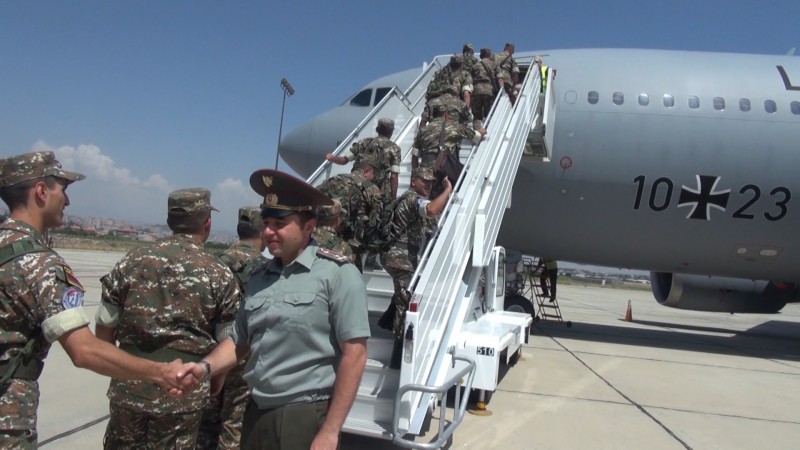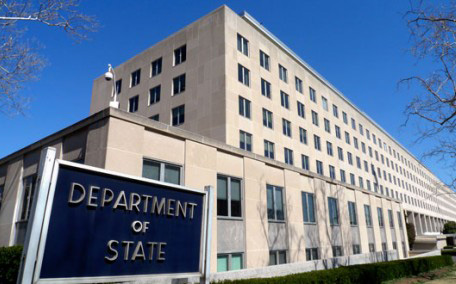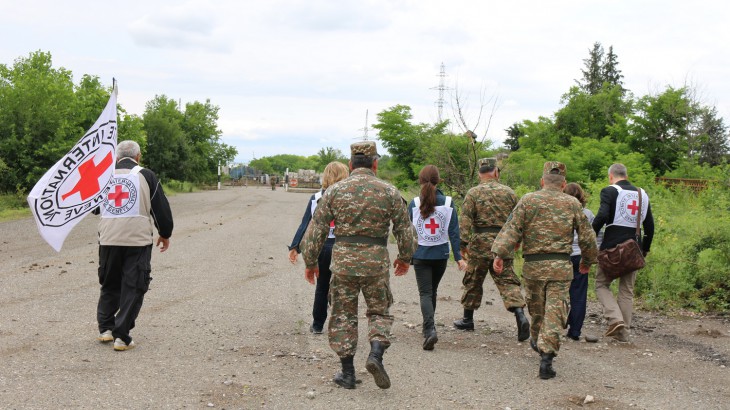ANKARA (Reuters) — Turkish President Tayyip Erdogan declared a state of emergency on Wednesday as he widened a crackdown against thousands of members of the security forces, judiciary, civil service and academia after a failed military coup.
Erdogan said the state of emergency, which would last three months, would allow his government to take swift and effective measures against supporters of the coup and was allowed under the constitution.
The state of emergency would go into force after it is published in Turkey’s official gazette and would allow the president and cabinet to bypass parliament in passing new laws and to limit or suspend rights and freedoms as they deem necessary.
Erdogan made the announcement during a live television broadcast in front of government ministers after a nearly five-hour meeting of the National Security Council.
“The aim of the declaration of the state of emergency is to be able to take fast and effective steps against this threat against democracy, the rule of law and rights and freedoms of our citizens,” Erdogan said.
About 60,000 soldiers, police, judges, civil servants and teachers have been suspended, detained or are under investigation since Friday’s military coup attempt.
The failed putsch and the purge that followed have unsettled the country of 80 million, which borders Syria’s chaos and is a Western ally against Islamic State.
Before announcing the state of emergency, Erdogan said the sweep was not yet over and that he believed foreign countries might have been involved in the attempt to overthrow him.
Speaking through an interpreter in an interview with broadcaster Al Jazeera, Erdogan dismissed suggestions that he was becoming authoritarian and that Turkish democracy was under threat.
“We will remain within a democratic parliamentary system. We will never step away from it,” he said.
Academics were banned from traveling abroad on Wednesday in what a Turkish official said was a temporary measure to prevent the risk of alleged coup plotters in universities from fleeing. State TRT television said 95 academics had been removed from their posts at Istanbul University alone.
Erdogan blames a network of followers of a U.S.-based cleric, Fethullah Gulen, for Friday night’s attempted coup, in which more than 230 people were killed as soldiers commandeered fighter jets, military helicopters and tanks to try to overthrow the government.
Erdogan, who has led Turkey as prime minister or president since 2003, has vowed to clean the “virus” responsible for the plot from all state institutions. The depth and scale of the purges have raised concern among Western allies that Erdogan is trying to suppress all dissent, and that opponents unconnected with the plot will be caught in the net.
The defense ministry is investigating all military judges and prosecutors, and has suspended 262 of them, broadcaster NTV reported, while 900 police officers in the capital Ankara were also suspended on Wednesday. The purge also extended to civil servants in the environment and sports ministries.
The threat of prolonged instability in a NATO member country, which had not seen a violent military coup for more than three decades, has shaken investors’ confidence.
The lira fell to a record low after ratings agency Standard & Poor’s cut Turkey’s foreign currency credit rating, citing the fragmentation of the political landscape and saying it expected a period of heightened unpredictability. The Istanbul stock index is down 9.5 percent so far this week, its worst three-day performance since 2013.
Seeking to prevent damage to the economy, Erdogan said in his televised address that his government would not abandon fiscal discipline and that it was not facing liquidity problems.










